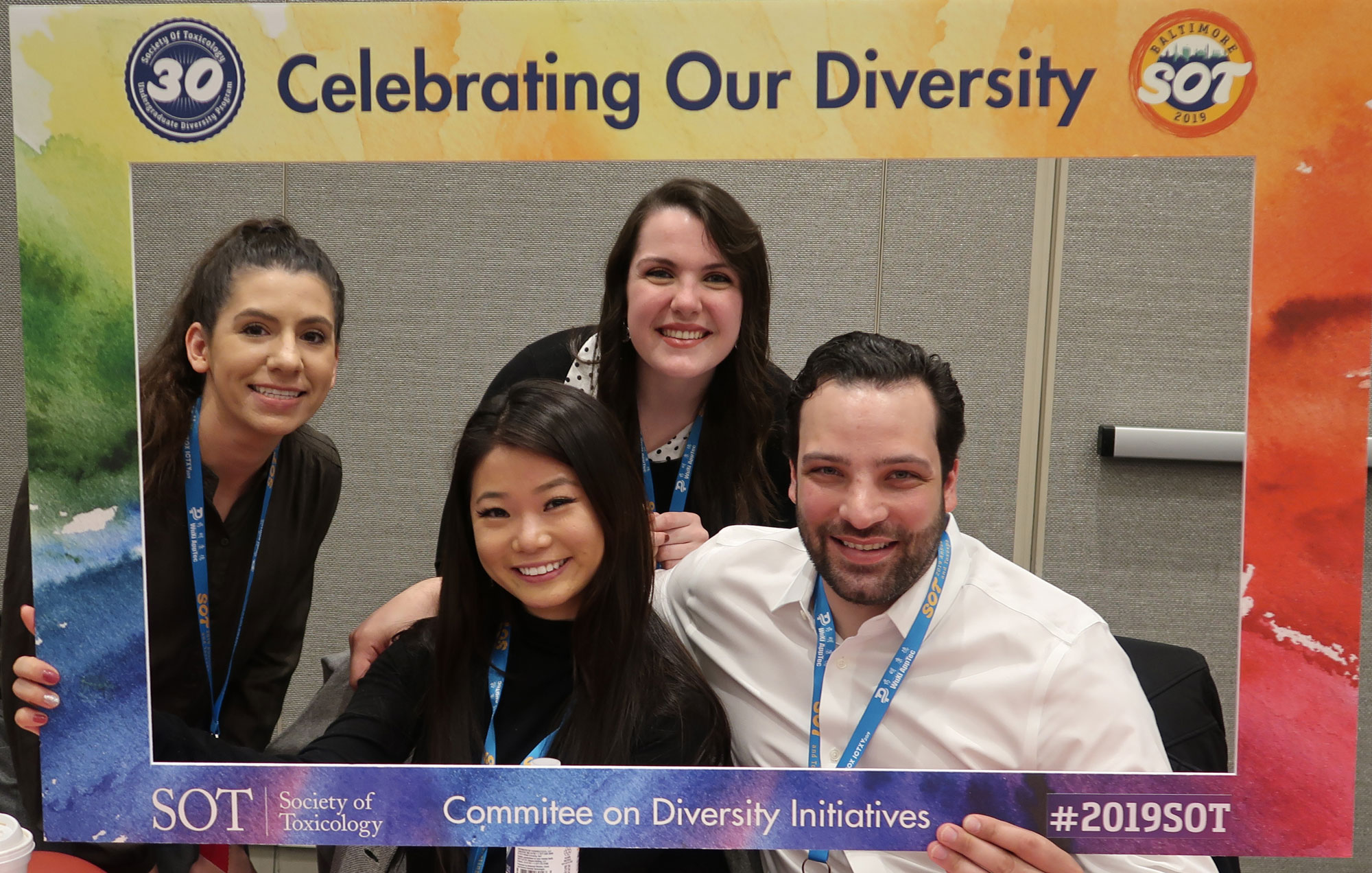The doctoral program in Toxicology trains students to conduct independent research in the toxicological sciences that prepares them for leadership roles in academia, industry, nonprofit, and government agencies.
The leadership of the Toxicology graduate program regularly review the structure and content of the doctoral program and the feedback received from assessments and surveys. These reviews provide the best possible education to students in order to meet the needs for highly trained individuals in the Toxicology field.
Click on each Learning Goal to learn how they are assessed and the role of the program in achieving these goals.
Assessment of student achievement of Goal 1:
- Grades in graduate courses.
- Critique of research through journal club and seminar classes.
- Performance in qualifying examinations (written and oral) assessing depth and breadth of toxicology-related knowledge.
- Ability to think critically and integrate knowledge as assessed by the primary faculty mentor, committee meetings, qualifying exams, and Ph.D. thesis proposal defense.
Role of the program in helping students to achieve Goal 1:
- Track coursework grades and participation in curricular and co-curricular activities.
- Provide annual seminar course where students present original research.
- Require toxicology journal club in the core curriculum.
- Hold twice annual committee meetings to assess student progression and toxicology knowledge.
- If effectiveness does not meet expectations, the program will work with the research mentor and/or instructors to improve effectiveness or provide opportunity for remediation.
Assessment of student achievement of Goal 2:
- Evaluation of the Ph.D. thesis proposal by an oral qualifying examination committee.
- Annual seminar course where students present original research.
- Assessment of quality of Ph.D. research by the thesis committee.
- Submission of Ph.D. fellowship applications.
- Public presentation and defense of a Ph.D. dissertation based.
- Placement in professional positions that require toxicology scholarship and/or research skills.
Role of the graduate program in helping students achieve Goal 2:
- Assemble a training faculty with active research laboratories that provide opportunity for independent and original research.
- Provide didactic instruction regarding hypothesis development, experimental design, methodologies, and data interpretation.
- Foster a collaborative research environment that encourages sharing of research tools, methods, and knowledge.
- Provide focused coursework and invited seminars that complements the research interests of students and faculty.
- Offer grant writing training to trainees.
- Review and critique of dissertation by committee of graduate faculty members and a committee member from outside the Toxicology graduate program.
Assessment of student achievement of Goal 3:
- Submission and acceptance of peer-reviewed articles and conference papers.
- Selection for conference presentations.
Role of the program in helping students achieve Goal 3:
- Deliver instruction regarding preparation of manuscripts and presentations.
- Train students in scientific communication to diverse audiences.
- Provide local, regional, national and/or international opportunities for students to present research and receive feedback.
Assessment of student achievement of Goal 4:
- Participation in an Ethics course that describes responsible conduct of research.
- Assessment of the originality of student’s course work and Ph.D. dissertation.
- Maintenance of university compliance training and certification.
Role of the program in helping students achieve Goal 4:
- Require that all students complete an Ethics class in their first academic year with a refresher in their fifth academic year.
- Assemble a training faculty that emulate the ethical conduct of research.
Assessment of student achievement of Goal 5:
- Utilize Individual Development Plans that are updated annually.
- Participate in career development training activities (workshops, seminars, etc) by the toxicology graduate program or the School of Graduate Studies.
- Collect and track student placement upon graduation.
- Evaluate teaching effectiveness of graduate teaching assistants.
Role of the program in helping students achieve Goal 5:
- Provide teaching or instructional opportunities for students.
- Foster networking of students with alumni and/or toxicologists from diverse career sectors.
- Enable mentorship of undergraduate students and high school students in laboratory or instructional settings.
- Establish collaborative activities with related research areas including exposure science.
- Support and encourage the activities of the Rutgers Association of Toxicology Students.
- Assist in identifying short-term training opportunities.
- Survey alumni to identify areas for programmatic improvement.
- Require attendance at all toxicology-related seminars.
- Acquaint students with career opportunities.
- Undergo periodic internal and external review by advisory boards.

